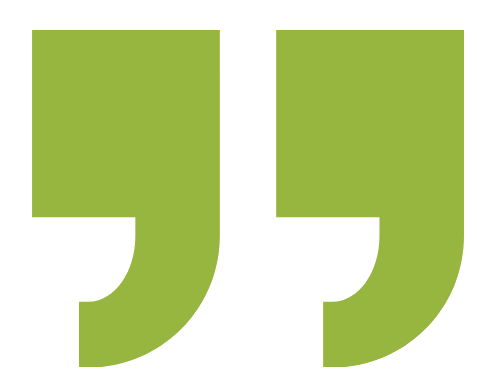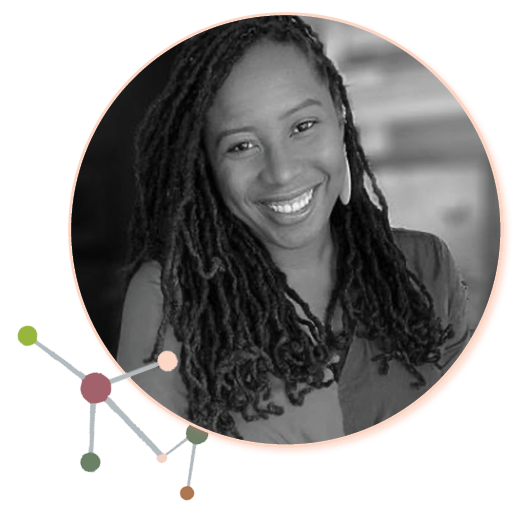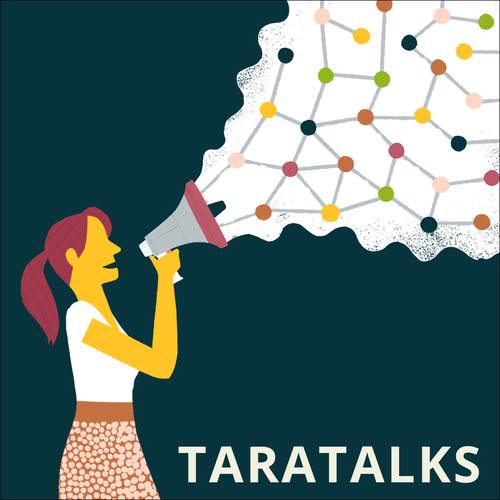Dr. Malika Grayson is the last person you think would suffer from imposter syndrome. She’s a Fortune 100 global speaker, bestselling author and a mechanical engineer.
Malika also founded STEMinist Empowered to mentor women of color who are pursuing graduate degrees and she’s the recipient of a raft of honors. That’s not all: her day gig is as an applications portfolio manager at Northrop Grumman, one of the world’s largest aerospace and defense technology companies.
Influencer. Ivy league trailblazer… and imposter? What gives?

“I know imposter syndrome is something women struggle with – especially in the STEM space. Imposter syndrome doesn’t discriminate by gender or age, but we find that women and people of color experience it more because of the drivers of imposter syndrome – because of the microaggressions you experience as a woman or a person of color.”
Dr. Malika Grayson
HOW DID MALIKA GET OVER IMPOSTER SYNDROME?
Malika says her most vivid memory of experiencing imposter syndrome happened the first day she met her fellow PhD students and she was the only person of color and the only woman of color in the room. She immediately wondered if she belonged because no one looked like her.
“Am I the diversity student that they let in?” she asked herself. ‘Are they going to realize that I don’t know everything I’m saying?’ This is when imposter syndrome starts happening.”
Malika pushed through her doubts and became the second black woman and the first black Caribbean woman to get a PhD in mechanical engineering from Cornell. And while she says it felt great to shatter the ceiling, being a trailblazer comes with responsibilities
“It was 2016—and the fact that we were just getting to that point was worrisome,” explained Malika. “It was a reminder that I had a responsibility to make sure that other women could follow in my tracks and footsteps without having to go through the barriers I did.”
HOW DOES MALIKA CONTINUE TO CANCEL OUT IMPOSTER SYNDROME?
Even today, when Malika is often the only STEM woman of color in the room, she knows it’s both an advantage and a disadvantage to standing out. “People are listening,” she noted. “But the disadvantage is that you have to fight feeling the imposter syndrome and to take advantage of the opportunity to raise awareness and to show why it’s important to have diversity of thought and skill. It’s a time to shine and put forth my ideas and to push the organization forward.”
It’s not easy, however. When challenged—whether it’s legit or not—Malika says she has to discipline herself not to react emotionally. “If you do, unfortunately as a woman, you’re branded as being emotional; you’re branded as being aggressive or pushy, especially if you’re a woman of color.”
To navigate these situations, Malika says she asks questions to understand why someone is challenging her and whether it’s a reflection of that person’s lack of self-confidence. Next, she enlists the help of others in the room to act as allies. It’s important to foster a supportive environment where people feel they can speak freely without judgement.
“It’s important not to internalize other people’s lack of confidence because that’s how imposter syndrome creeps in. You have to remind yourself that your value will always speak for itself if you’re doing your job. And that’s when you’ll have victory over imposter syndrome.”
SPEAKING OF VICTORY…
Malika’s 7 Step Plan for cancelling imposter syndrome
V: VISUALIZE your success
“I visualize my end goal and I visualize what I am going to do and what I am going to accomplish and it makes me feel more confident I’ll get there.”
I: IDENTIFY your core strengths
“Instead of focusing on my weaknesses or what I can’t do or don’t know, I focus on the things I do know and the things I am good at and what I can contribute to.”
C: COUNT on yourself!
“We can’t always depend on other people to validate us when we do a job … [because] when we don’t get that, we think ‘Maybe I’m not good at what I’m doing. Maybe I wasn’t supposed to be in this space in the first place.’ When I do something and I see the impact … I think, ‘Wow, you did a great job!’ I take those kudos and give myself some self-validation. It’s okay to reward yourself.”
T: TALK about how you’re feeling.
“The more we talk about it [feeling imposter syndrome], the more we understand that many people experience it. When you walk into a room, and you may be
O: Be OPEN to new opportunities.
“Say yes! How many times have we had an opportunity come to us and we say no because we think we’re not qualified?”
feeling you don’t belong, you know there are other people in the room feeling that same way too.”
R: REALIZE feelings aren’t facts.
“We have all these feelings and we internalize a lot, but our resume, our experiences and our skills say differently. Pay more attention to the facts. We need to focus less on the gaps and more on what we have.”
Y: YELL victory!
“When I say I yell, I talk to myself in the mirror and I yell ‘Victory!’ and I hype myself up because I’m acknowledging, I’m confronting, I’m taking risks. I’m visualizing and I know that I can overcome. I’m cancelling out the imposter syndrome.”
#HerStory

Malika Grayson
Mechanical Engineer
Author of
Hooded:
A Black Girl’s Guide to the Ph.D.
STEM Advocate
MALIKA’S STEM STORY
Malika was 15 years old, in her school uniform, about to be driven to school when she experienced her first life lesson that influenced her STEM journey.
A flat tire.
Her mom hadn’t changed a tire, nor had Malika. At first, they didn’t know what to do or who to call but doing something that felt impossible has always motivated Malika—then and now.
“I had seen it done on TV,” recalled Malika. “I knew it involved a jack and that somehow, that tool raised a car. It took me an hour, but we did it.”
“It was my first experience of seeing physics applied in the real world,” she explained. “After that, I wanted to see how things worked all the time. That’s why I went on to study physics, which led me to get a PhD in mechanical engineering.”
Teenaged Malika may not have known the principles of hydraulics or large-force amplification, but the first forces that created an engineer were forged that morning.






